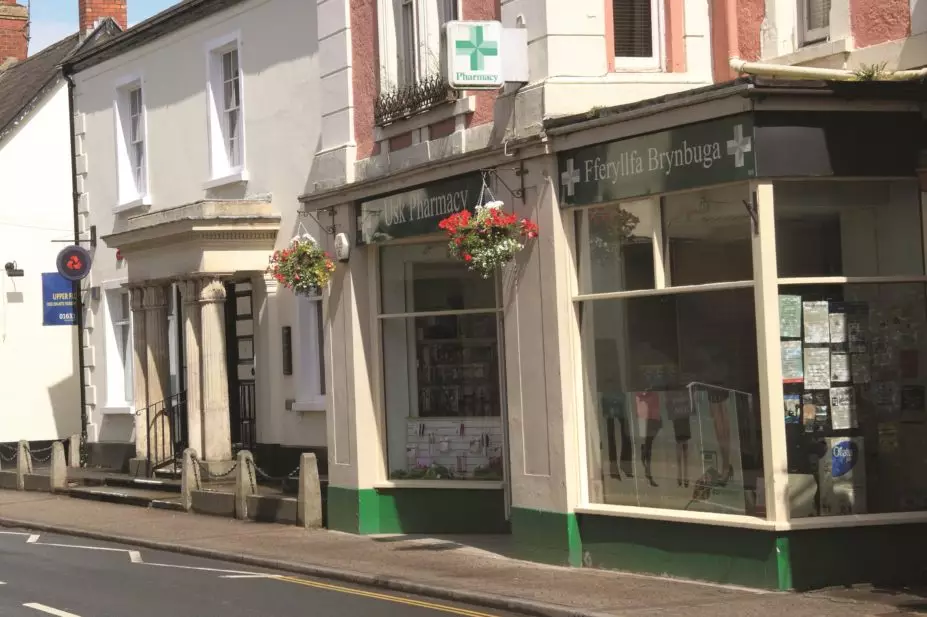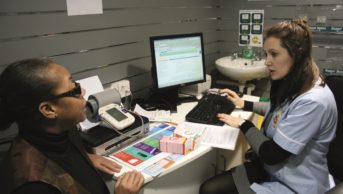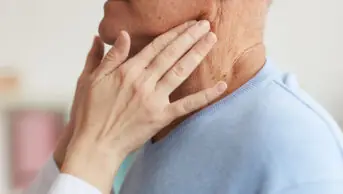
Ian Bottle / Alamy
It would cost £11m to roll out a common ailment scheme nationally across Wales, according to an evaluation of a pilot scheme, but doing so could save £43m in terms of reduced GP appointments.
The estimates come from Welsh Government Social Research, which has analysed the first 13 months of ‘Choose Pharmacy’ — a pilot minor ailment service operating at 32 community pharmacies in the Cwm Taf and Betsi Cadwaladr health board regions.
For a nationally commissioned scheme to break even, it would need to generate at least a 0.15% reduction in the number of GP appointments, says a report of the evaluation. And if 541 pharmacies in Wales signed up to deliver the scheme, the report’s authors calculate they would each need to have at least 600 consultations over five years to deliver a positive return on investment for the scheme.
During the 13-month pilot service, which ran from September 2013 to October 2014, 2,074 minor ailment consultations took place. Of these, 1,222 took place in just six of the 32 pharmacies. Patient use of the service peaked in July 2014 — which may partially explain why hay fever was the most common ailment treated, accounting for almost a quarter (507) of the consultations.
Pharmacists involved in the pilot reported that GP engagement with the service — and surgery staff’s understanding of it — was vital to its success. “Practices that had been involved in the design of the service prior to its implementation were more likely to be engaged,” say the report’s authors. They add that practices that “had stretched capacity to respond to the growing demand for GP consultations were also often more likely to be engaged”.
“We believe that an appropriate NHS community pharmacy common ailments service will go a long way to assisting in reducing pressure on GP surgeries,” says Russell Goodway, chief executive of Community Pharmacy Wales. “However, we appreciate that the Welsh government must also be convinced of its benefits.”
Mair Davies, executive chair of Royal Pharmaceutical Society (RPS) Wales, says the pilot sites have demonstrated the value of community pharmacy. “Choose Pharmacy provides a platform for the growth of pharmacy roles in the community as primary care cluster arrangements evolve in Wales,” she adds.
Paul Myres, chair of the Royal College of General Practitioners (RCGP) Wales, says GPs are broadly supportive of the common ailments scheme. However, the RCGP cannot support a full national roll-out at present, he says, because the evaluation did not demonstrate a statistically significant impact on GP workload or on patients’ ability to self-manage minor ailments.
That said, Myres would like to see a gradual roll-out of the service, with better marketing to ensure it is better understood by patients and practice staff. He also says RCGP Wales wants to engage with the RPS and the Welsh government to determine how best to take the service forward.

